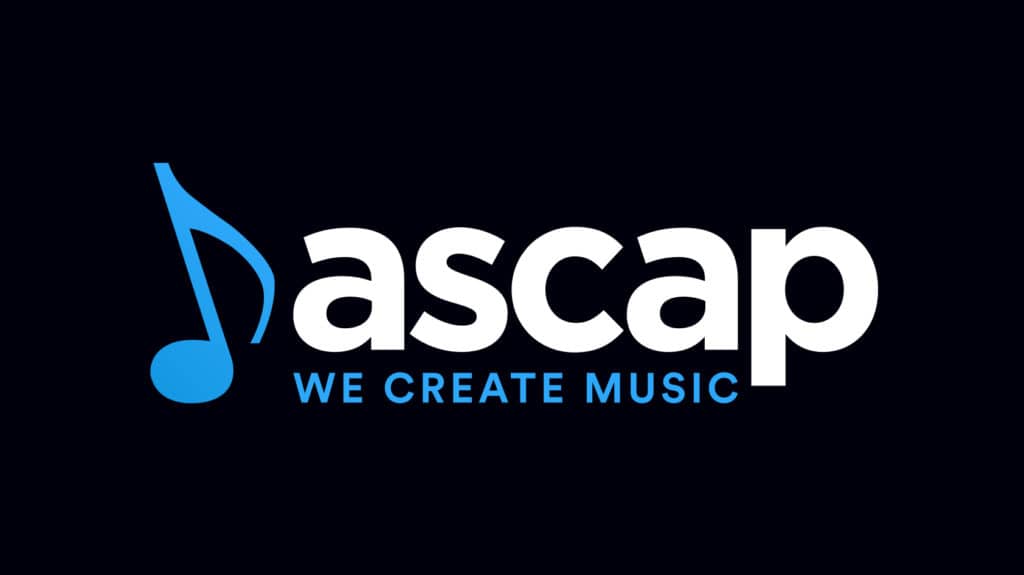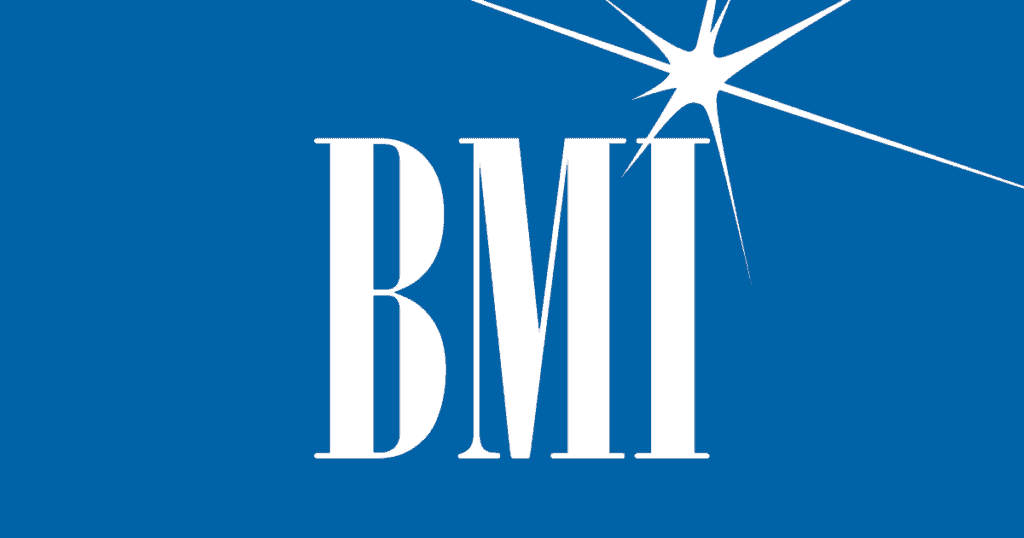Music licensing is a way music can be used once the license for its use is acquired. The purpose of music licensing is to ensure that the copyright owners of the musical works are compensated for the use of their work.
Music licensing agencies are very important to the music industry because they help musicians and creators to get paid for every piece of music they license.
The 3 licensing agencies are ASCAP, BMI and SESAC. These three organisations serve as the central location for the copyright information of various industries such as music, motion picture, audio-visual, software, syndicated comics, religious works etc.
ASCAP

ASCAP is the abbreviation for The American Society of Composers, Authors and Publishers. This is a non profit organisation that operates as a Performing Rights Organization that monitors the public performances of its members music and then collects any licensing fees on their behalf.
A performing rights organization or performance rights organization (PRO) is an organisation that collects royalties on behalf of copyright holders from people that use their copyrighted works in public such as shopping areas like malls, dining venues etc.
BMI

BMI is the abbreviation for Broadcast Music Inc. which is a performance rights organization based in the United States.
BMI basically collects money owed to copyright holders for using their music. People are often under the misconception that BMI will own their music once they register it but this is not true.
BMI does NOT own your music when you register it on their platform. They are only interested in protecting you as their member by keeping track of your music.
BMI uses what is called station reporting and monitoring in order to know when your song is played. They require every radio station to whom they issue a license to keep a log of songs that they play each year.
They then cross reference this with their digital monitoring of radio plays to clear any discrepancies and collect royalties on behalf of their members.
It’s also worth it to note that BMi is only responsible for collecting PUBLIC performance license fees which means BMI will not collect mechanical royalties like YouTube streams etc.
SESAC

SESAC is the abbreviation for the Society of European Stage Authors and Composers. It differs from ASCAP because it a “for profit” organisation and not a “non-profit” like ASCAP.
SESAC is a Performace Rights Organization based in the United States.
The key thing that differentiates SESAC from BMI and ASCAP is that SESAC works on an invite only basis.
Ascap or BMI (Which is Better?)
BMI is definitely better and is an option I’d tell someone to start with.
Ascap and BMI pretty much offer the same services but BMI doesn’t require you to pay anything in order to sign up and use their services. This makes BMI a great option and opportunity for independent musicians and songwriters.
Other Music Licensing Companies You Need To Know
The three agencies discussed in the post are a great way to ensure that you collect your royalties. But, there also exist companies that can expose you to a variety of other opportunities as an artist and can be a great way to basically spread out your work.
This part of the post will discuss some music licensing companies that can help provide you with opportunities that can help further your career as well as get you paid.
Music Vine
Music vine is a UK based company that works with independent film and video makers by providing them with music for their work.
This company allows music creators like yourself to submit music on their platform. Allowing you to earn licensing fees for every exclusive and non exclusive license that your music gets.
Music vine works with a very small catalogue of well crafted music that they hand pick to suit film and video creators.
This makes getting your music accepted on this platform difficult. Unless you’re a film and video composer, it could be difficult to get accepted by music vine as a music creator.
It is for this reason that you might want to evaluate and your music and see if it works with film and video or you can simply try to apply to music vine and see if you do get accepted.
Sound Stripe
Music vine may seem to be more niche focused which works particularly well for music creators that make audio for film and video.
However, for a person that simply makes music and would want to license it and meet great opportunities on the way, I present to you, Sound Stripe.
With Sound Stripe, subscribers can basically use the music however they want. This makes this a great place for every music creator.
You can reach out to them if you’re interested in licensing your music.
Jungle punks
Jungle punks is another great resource where you can license out your music. They work with thousands of independent artists, composers, bands etc..
Jungle punks allow the artist to only keep 50% of the sync licensing fees. Plus your music has to be well mixed and mastered. Songs like covers, demos or works in progress are not accepted.
They only accept links to your tracks from your own website, SoundCloud and Bandcamp.
Jungle punks is definitely one site you should check out if you wish to improve your chance of getting your stuff licensed. They serve a massive client base which is added advantage to you as the artist.
Types of Music Licenses
Since we are on the topic of music licensing, it is important that we also discuss the types of music licensing….so we avoid any misinformation or any questions about licensing.
Sync License
Sync in this case is short for synchronisation.
Therefore, a sync license is a synchronisation license which refers to music that is combined with some other form of visual media like picture(s) or video.
This pairing of audio and image/video is what is called synchronization and can be used in Film, streaming, advertisements and etc.
A sync license then becomes a formal agreement between the owner of the music and the person that intends to use their music for synchronisation purposes.
With relation to the topic of music licensing, you need to understand that publishers of the music, or the agent on behalf of the copyright holder will collaborate with a music licensing company to collect fees for sync licensing on behalf of the copyright holder or owner.
Mechanical License
A mechanical license is what is needed in order to reproduce the works of a musician. This refers to the manufacturing of CDs and distribution of music in tangible or physical form.
The owner of the copyright to the music will have agreements with labels, distributors and publishers on what are called the mechanical terms of their music and they’ll usually be paid per copy of the tangible work.
A mechanical license is also issued to those that wish to perform a cover to a song, or use a portion of the song, add lyrics or basically changing or altering anything about the original recording that affects the overall integrity of the musicians composition.
Agencies exist which can help people acquire mechanical licenses for cover songs and other use, these are:
Harry Fox Agency (HFA), Loudr and Easy Song Licensing.
The Harry Fox Agency is owned by SESAC.
In a mechanical license, the revenue that has to be remitted to the copyright holder of the music is what is called a mechanical royalty.
Public Performance License
Public performance in this case refers to the performance or broadcast of the copyright holders music on platforms such as radio.
Performing rights organisations (PROs) like BMI, ASCAP and SESAC are the ones responsible for the handling and management of public performance licenses on behalf of the music copyright holder.
Therefore, you can easily acquire public performance licenses from these 3 PROs by getting in touch with them.
ASCAP : 1-800-952-7227
BMI : 212-220-3000
SESAC : 615-320-0055
The money that is generated and collected from a public performance license are Performance Royalties.
The above licenses are what are common in modern day music.
For more complex compositions like orchestras and symphonies the common licenses are:
Print rights license
This is the license that is required whenever someone prints a sheet music compilation or any time the sheet music of copyrighted work is reproduced.
Theatrical License
This is the license required when a copyrighted musical work is performed on stage or in front of an audience.
2 thoughts on “The 3 Music Licensing Agencies You Need To Know About”
Comments are closed.